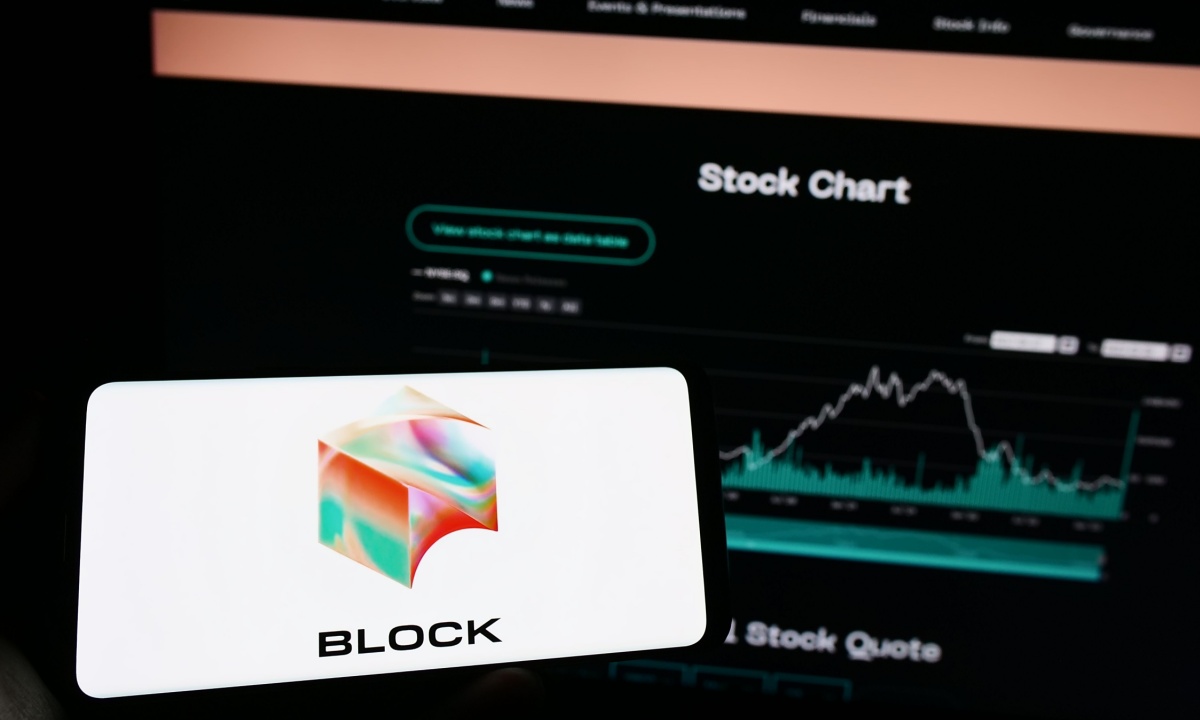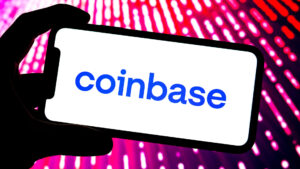Block Joins S&P 500: Crypto’s Mainstream Adoption Accelerates

Block’s Inclusion in S&P 500 Marks a New Era for Digital Payments
Block’s Transition to the S&P 500
According to a report from Bloomberg News dated July 18, Block is set to join the S&P 500 index, replacing Hess, effective July 23. This development follows Chevron’s significant acquisition of Hess for $53 billion and highlights Block’s growing influence in the financial sector, particularly in digital payments and cryptocurrency.
Evolution of Block as a FinTech Leader
As noted by Reuters, Block has evolved from a simple payment processing entity into a comprehensive FinTech company. It now provides a range of services, including peer-to-peer transfers, merchant solutions, and consumer lending. Earlier this year, the Federal Deposit Insurance Corporation (FDIC) granted approval for Square, a subsidiary of Block, to offer consumer loans through its Cash App Borrow feature.
Integration of Cryptocurrency in Payment Solutions
Block is also enhancing its Square terminals by incorporating bitcoin payment options. This move aligns with CEO Jack Dorsey’s long-standing support for cryptocurrency. Miles Suter, Block’s Bitcoin Product Lead, emphasized that enabling small businesses to accept bitcoin through Square allows them to receive payments more quickly and retain a larger share of their earnings. He stated, “This initiative is about empowering merchants by providing them with diverse payment options.”
Crypto Market Growth and Legislative Support
The announcement of Block’s inclusion in the S&P 500 coincided with a surge in the cryptocurrency market, which recently surpassed the $4 trillion mark. This milestone followed the passage of three significant crypto-related bills by Congress, indicating a growing acceptance of digital currencies.
Enhancing Security Measures Against Fraud
In a recent discussion with PYMNTS, Brian Boates, Block’s risk management lead, shared insights into the company’s innovative strategies for combating fraud. He highlighted that their approach to fraud detection relies heavily on machine learning technologies. Block has developed several internal models that utilize historical data to effectively identify potentially fraudulent transactions in real-time.
Real-Time Fraud Detection and Customer Empowerment
The machine learning algorithms also power a warning system that alerts users when a transaction may pose a high risk. Instead of complicating every payment process, this feature allows customers to pause and reconsider their transactions. Boates explained, “This warning system gives users a moment to reflect on whether they wish to proceed with the payment, enhancing their overall experience.”
By focusing on these advancements, Block is not only solidifying its position in the financial landscape but also contributing to the broader acceptance and security of digital payments and cryptocurrencies.







